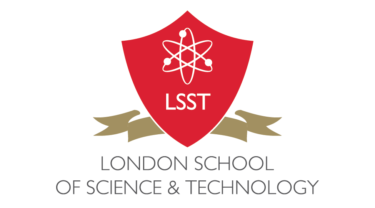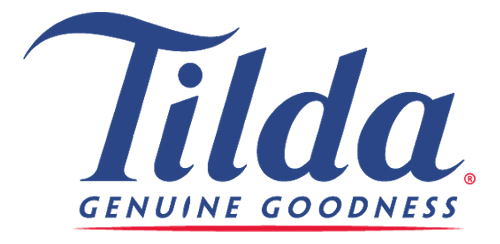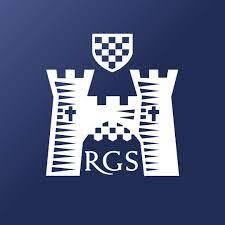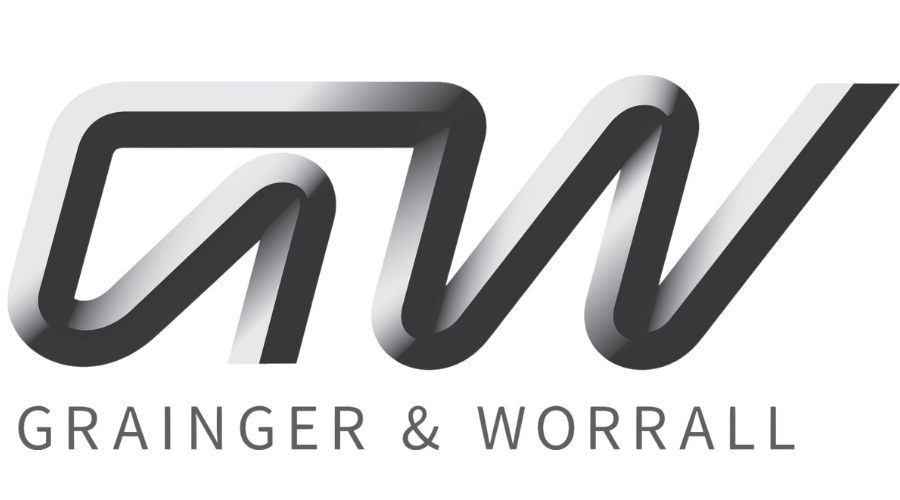The Importance of the Relationship Between Leaders and HR
In the intricate tapestry of organisational dynamics, few relationships are as crucial as the one between leaders and Human Resources (HR) professionals. This partnership forms the backbone of a thriving workplace culture, driving employee engagement, organisational effectiveness, and ultimately, success. In this blog, we'll delve into the significance of the relationship between leaders and HR, exploring how it fosters collaboration, promotes alignment, and propels the organisation forward
Alignment of Vision and Strategy
At the heart of the leader-HR relationship lies the alignment of vision and strategy. Leaders articulate the organisation's mission, values, and strategic objectives, while HR professionals translate these into actionable initiatives and programs. By working hand in hand, leaders and HR ensure that every decision, policy, and action aligns with the overarching goals of the organisation, driving collective progress and growth.
Driving Employee Engagement and Well-being
A strong leader-HR partnership is instrumental in driving employee engagement and well-being. Leaders set the tone for workplace culture, embodying values such as transparency, inclusivity, and respect. HR professionals, in turn, design and implement initiatives that support employee well-being, foster a sense of belonging, and promote work-life balance. Together, they create an environment where employees feel valued, supported, and empowered to perform at their best.
Navigating Challenges and Uncertainties
In times of change and uncertainty, the leader-HR relationship becomes even more critical. Whether navigating organisational restructuring, implementing new technologies, or managing crises, leaders and HR professionals collaborate closely to address challenges effectively and mitigate risks. Their combined expertise and perspective enable the organisation to adapt, innovate, and emerge stronger in the face of adversity.
Promoting Diversity, Equity, and Inclusion
Diversity, equity, and inclusion (DEI) are foundational principles in today's workplace, and the leader-HR partnership plays a pivotal role in promoting these values. Leaders champion DEI initiatives from the top, setting the tone for an inclusive culture where diverse perspectives are valued and respected. HR professionals support these efforts by implementing equitable policies, fostering diverse talent pipelines, and providing training and resources to promote awareness and understanding.
Measuring Success and Driving Continuous Improvement
Lastly, the leader-HR relationship is instrumental in measuring success and driving continuous improvement. By leveraging data and analytics, leaders and HR professionals track key performance indicators, identify trends, and make data-driven decisions to optimize organisational performance. Their collaborative approach to measurement and evaluation ensures that strategies are effective, resources are allocated efficiently, and outcomes are aligned with the organisation's goals.
In conclusion, the relationship between leaders and HR is a cornerstone of organisational success, shaping workplace culture, driving employee engagement, and propelling the organisation forward. By fostering collaboration, alignment, and mutual respect, leaders and HR professionals create a dynamic partnership that enables the organisation to thrive in today's complex and ever-changing business landscape. HealthboxHR supports this relationship and even closes the gap between the leader and HR department. Our HR platform makes it a very easy relationship while also ensuring a smooth transition if a new HR manager is joining the team.































